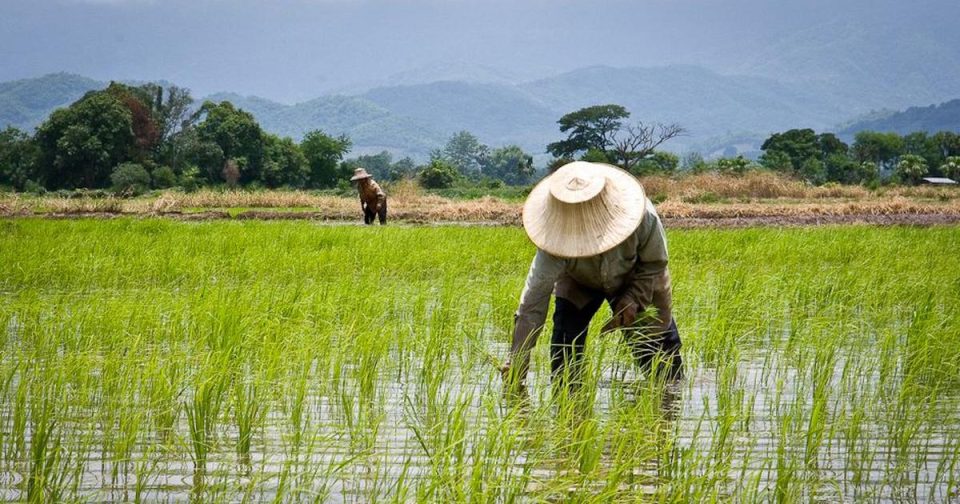The Federal Government of Nigeria, the International Fund for Agricultural Development (IFAD), and the Niger-Delta Development Commission (NDDC), in collaboration with the Edo State Government have partnered to boost rice production in the state by contributing 20 metric tons of locally produced rice to Edo state food basket while also enhancing the livelihoods of local farmers.
The Livelihood Improvement Family Enterprises-Niger Delta (LIFE-ND) project emerged as a blueprint and tool, creating the path toward sustainable development and economic prosperity in Edo state.
Mr. John Omoruyi, Edo State Project Coordinator of LIFE-ND, stated that 2,215 youths have found meaningful employment and income generation opportunities through the initiative.
According to him, the overarching goal of LIFE-ND is not only to address youth unrest but to foster employment opportunities and bolster the rural economy through agripreneurship and agribusiness initiatives.
His words; “The project, spanning across the nine Niger-Delta states, employs an innovative incubation model, uniting established farmers with ambitious youths from 10 local governments in each state.
The project’s commitment to sustainable and practical technology ensures increased productivity, setting the stage for a continuous positive impact on communities.
“Take, for example, the transformative impact in Edo state, where 100 communities across 10 LGAs have seen 2,215 youths undergo comprehensive training under the incubation model. These graduates are now poised to become agripreneurs, focusing on key commodities such as cassava, fish, rice, and poultry, along with their respective value chains.
“The story unfolds in the lives of beneficiaries, where women engaged in fish processing have transitioned from traditional firewood methods to utilizing modern smoking kilns fired by charcoal. The recent intervention of LIFE-ND has elevated their operations further, providing hybrid kilns powered by both gas and charcoal to enhance fish quality.
“In rice production, the project, in collaboration with the Edo state government has contributed significantly to the state’s food basket by providing 20 metric tons of locally produced rice. This did not only strengthen food security but also showcased the potential of agribusiness as a key player in sustaining local economies,” Omoruyi said.
The state coordinator further noted that the Jeddo community stands out as an example where LIFE-ND supports 13 women in cultivating vegetable farms in a fishing community using water from fish ponds. “This not only promotes household nutrition but also contributes to efforts of combating climate change, showcasing the holistic approach of the project,” he added.







